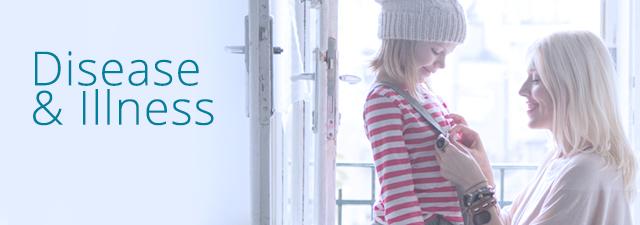Algoma Public Health
Shingles
What is it?
- An infection caused by a herpes virus. The same virus causes chickenpox.
- Anyone who has had chickenpox can develop shingles.
- The virus remains sleeping in certain nerve cells of the body for months/years and then awakens.
- Occurs more commonly in older people, those under stress and persons with weakend immune systems; e.g. those with cancer.
What are the symptoms?
- A burning pain or tingling and extreme sensitivity in one area of the skin along a nerve tract.
- Within 1 – 3 days a red rash appears (in crops).
- The rash becomes blister-like, lasting 7-10 days prior to crusting over and healing within 2-4 weeks.
- Complications develop in about 10 to 15% of cases; the most common is chronic severe pain or post-herpetic neuralgia. This pain may last weeks to months.
- Rash usually affects only one side of the body, most commonly around the upper torso, neck & around the eyes
Related Documents
Contact Us!
Sault Ste. Marie: 705-942-4646
Blind River: 705-356-2551
Elliot Lake: 705-848-2314
Wawa: 705-856-7208
How quickly do symptoms develop?
- Exposed persons are at risk of developing chickenpox, not shingles, within 2 – 3 weeks.
How is it spread?
- By direct contact with fluid from the blisters of someone with shingles.
How long is it contagious?
- For 7-10 days after the appearance of the blisters.
How is it treated?
- Antiviral medication may be prescribed to speed the healing of the rash & reduce shingles pain. Results are best when started as soon as possible after the rash appear.
- If needed, treatment may include pain relievers, cool-compresses, anti-viral medication and ointments.
What can you do?
- If symptoms develop, contact your physician immediately for diagnosis and treatment.
- While contagious, avoid contact with newborns, pregnant women, and persons with weak immune systems; e.g. illnesses such as cancer, HIV.
- Vaccines are available for the prevention of shingles for individuals 50 years of age and older.
Date of Creation: June 1, 2015
Last Modified: June 1, 2018










